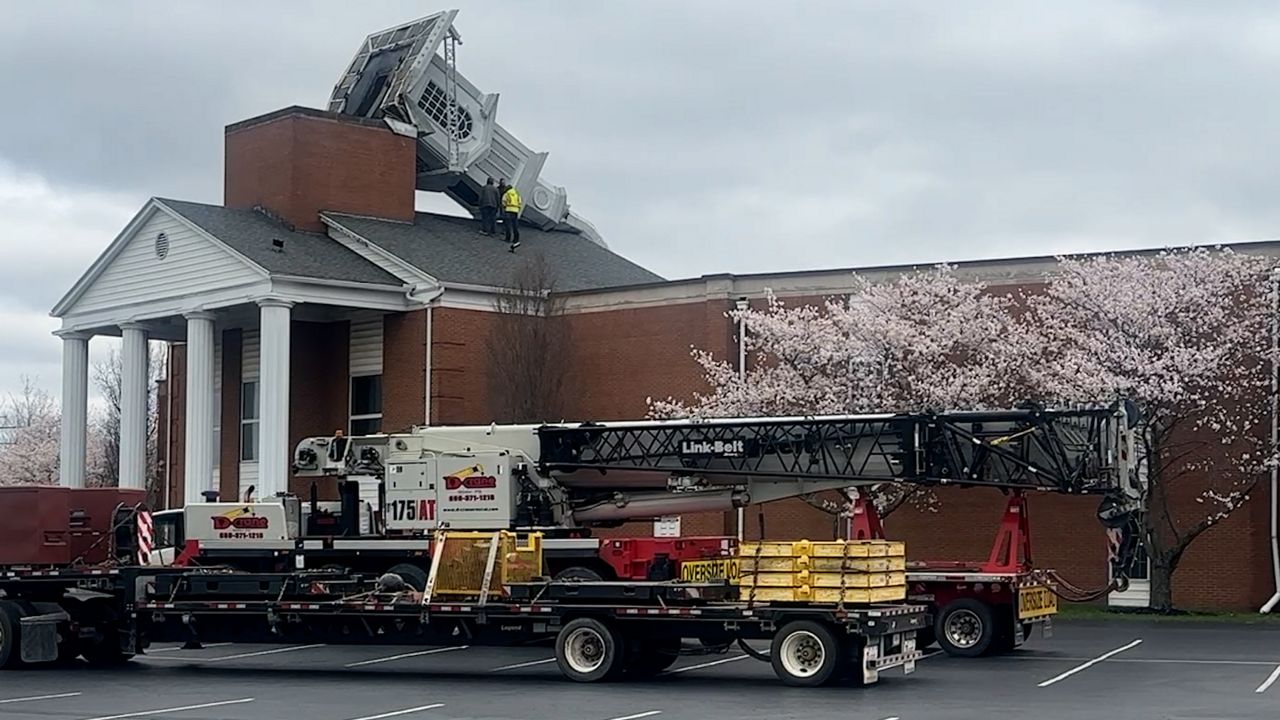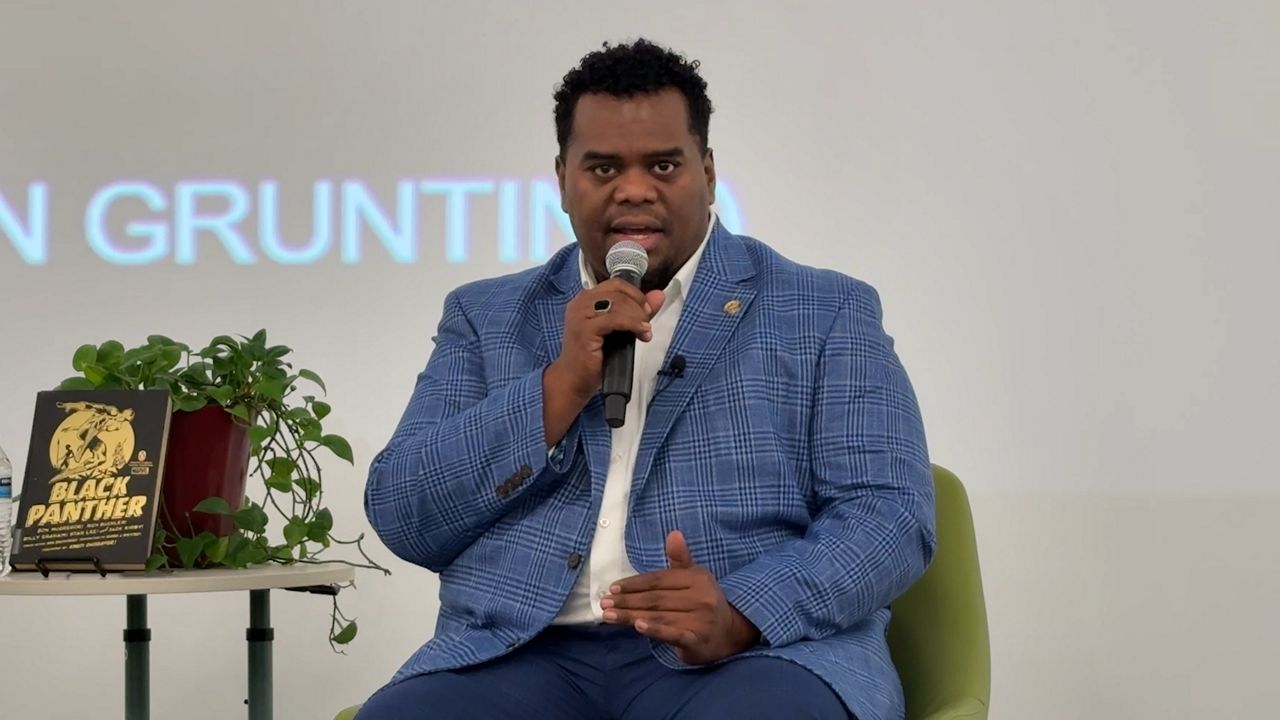COLUMBUS, Ohio — Nearly 50 million Americans have a substance use disorder, according to a 2022 National Survey on Drug Use and Health, but in the past year, only about one in four of those Americans received treatment.
In 2021, the National Institute on Drug Abuse conducted a report on addiction treatment. More than 50% of respondents said that costs are the main reason they did not seek addiction or mental health treatment. For those individuals who do go through detox and rehabilitation, relapse rates are anywhere from 40% to 60%.
Maryhaven, a nonprofit addiction treatment center in central Ohio, is working to break down barriers to sobriety.
“They're my safe haven," said Steven Chapman, 33, who came to Maryhaven for help with substance use disorder. "I got into harder drugs at the age of 19 went on a heroin binge for about 10 years. I stopped that started doing cocaine. I lost my sister to this disease and I started back doing heroin. Now I'm here."
Chapman explained that his drug use started at home.
“My family was users. They were the first ones to show me how to do all these drugs. I was taking percocet when I was a kid because I had migraines. I didn't know what they were. [It] was medicine to me but I kind of had the crave for that when I got older and they didn't seem to mind to show me the way, on you know, what to do with the drugs and stuff," Chapman said.
Chapman said he had been to a detox and rehabilitation center in the past, but this time was different.
“When I got here, I decided I wanted to stay here long term," Chapman said.
Most in-patient treatment centers last about a month or two, but this particular program, called “The Residence,” allows for a longer stay. It allows clients to continue treatment and counseling in a safe environment while returning to work and rebuilding relationships.
"Oftentimes, we're coming from environments that if we get treatment, and we go back, we may find ourselves around the same individuals and could fall susceptible very quickly, to bad patterns and bad behaviors," said Oyauma Garrison, president and CEO of Maryhaven. “Thirty days is just not enough when it comes to recovery. But you give someone three months, you give them four months, you give them six months.”
"They give me the right answers. They give me the right suggestions. I asked and they they tell me what I need, you know and how do I get it? I've never been able to fend for myself. I had to start over on how to be an adult," Chapman said, saying the wrap-around approach at Maryhaven is what is most helpful to him. "I'm allowed in my grandma's house. You know, I couldn't do that without this place. I got a job and drive a forklift, you know, and I can take drug tests for a job now I can get any job I want."
On this day in particular, Pursuit, a suit shop based in Columbus, was at the center to distribute custom suits to the men in The Residence Program, free of charge. Garrison said he’s determined to help reduce the stigma of substance use disorder and help set his clients up for success.
"You give them dignity, respect, you give them therapy, you help them get employment, you help them continue their education, and as we saw today, with pursuit, you give them a sense of pride by putting on outfits, gear, a suit and tie. It just changes your demeanor. It changes your outlook on life," Garrison said.
This suit was the first one Chapman has ever owned, but this program has made an impact on much more than his wardrobe.
"A lot has changed in my life in the last few months," Chapman said. "I've just started growing there's so much more that I know that I can get to."
Chapman plans to get his chemical dependency counselor assistant, or CDCA, license and eventually work at Maryhaven as a patient care assistant so that he can help others make those changes.
"When we start working on these things together, we actually stand a fighting chance to break the relapse cycle and put people back on positive paths," said Garrison.









